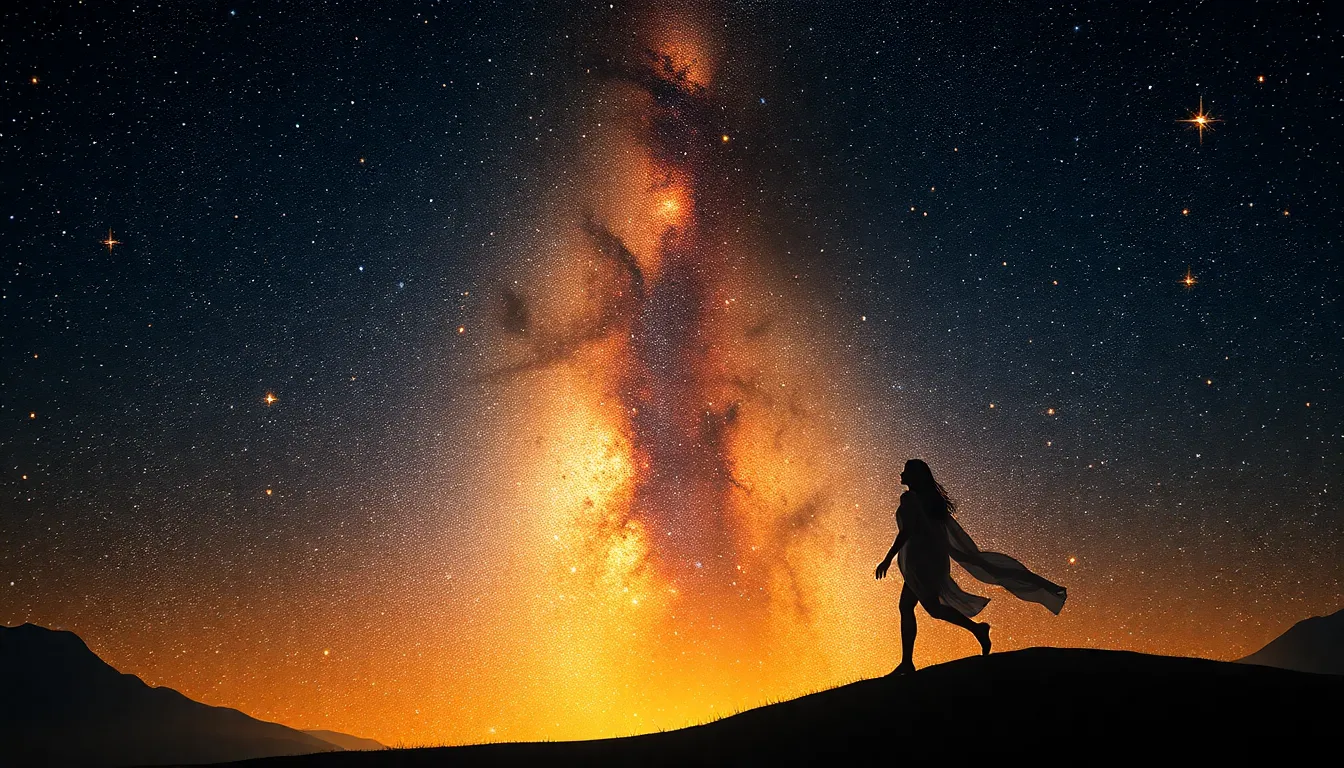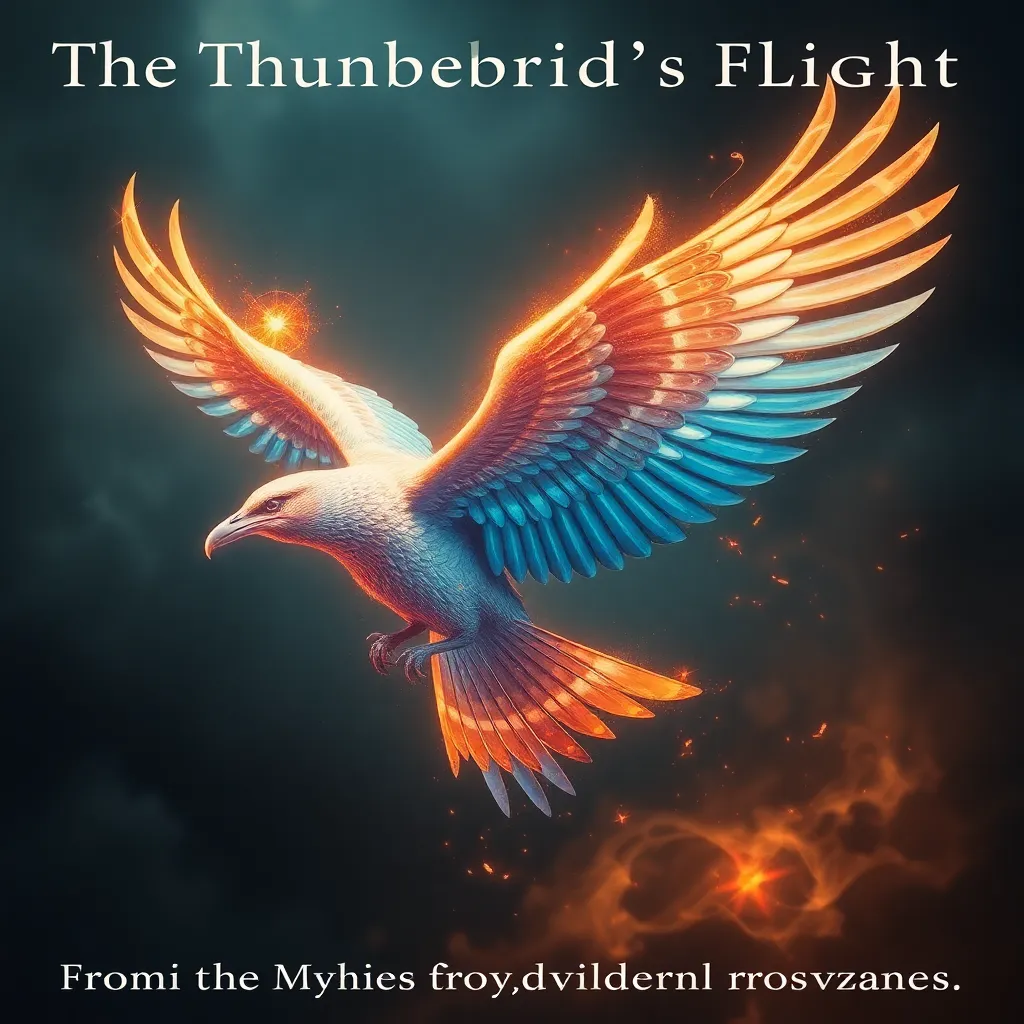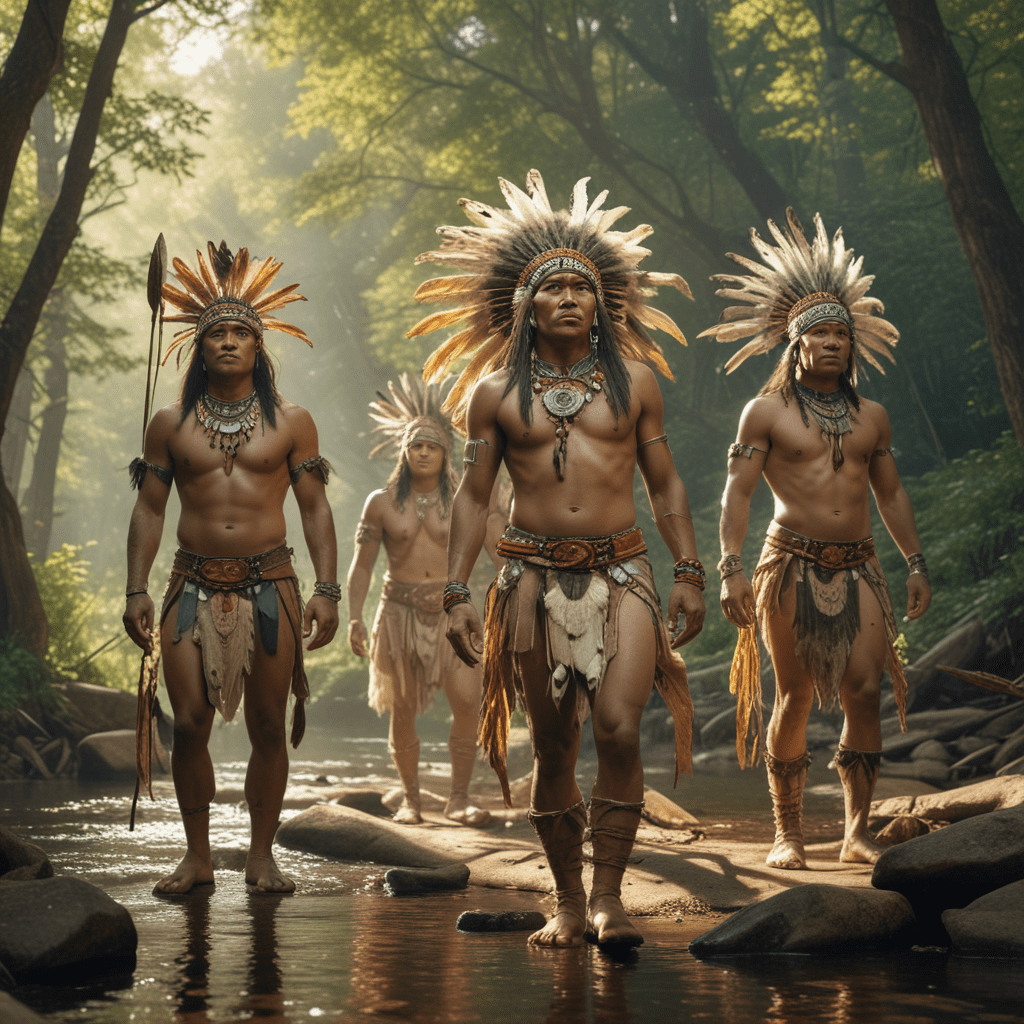Fabled Fighters: The Legendary Battles of Myths
I. Introduction to Fabled Fighters
Fabled fighters are often the central figures in mythological narratives, embodying the virtues and flaws of humanity while facing monumental challenges. These legendary warriors are not only heroes in their own right but also symbols of cultural identity and resilience. Their battles resonate through generations, illustrating the struggles and triumphs of societies.
The significance of these fabled fighters lies in their ability to reflect the values and beliefs of the cultures from which they originate. Legendary battles serve as metaphors for the conflicts experienced by humanity, allowing communities to understand their own narratives through the lens of myth. This article will explore the origins of mythical battles, iconic fabled fighters, the role of divine intervention, and their evolution across cultures, as well as their lasting impact on modern media.
II. The Origins of Mythical Battles
The roots of mythical battles can be traced back to ancient oral traditions, where stories were passed down through generations. These narratives often reflected the historical context of the time, serving not only as entertainment but also as moral lessons and cultural teachings.
Major civilizations, including the Greeks, Norse, and Hindus, have contributed significantly to the tapestry of mythological narratives:
- Greek Mythology: Tales of heroism and tragedy, with notable figures like Achilles and Odysseus.
- Norse Mythology: Stories of gods and heroes, such as Thor and Odin, filled with themes of fate and valor.
- Hindu Mythology: Epics like the Mahabharata and Ramayana, showcasing the cosmic battles between good and evil.
Common themes and motifs in these mythical battles often include the struggle between good and evil, the hero’s journey, and the intervention of divine beings. These narratives not only entertained but also provided moral frameworks for understanding the complexities of life.
III. Iconic Fabled Fighters and Their Legends
A. Achilles: The Hero of the Iliad
Achilles, a central figure in Greek mythology, is renowned for his role in the Trojan War as depicted in Homer’s epic, the Iliad. He is portrayed as the greatest warrior of the Greeks, characterized by his strength, bravery, and tragic flaw—his pride.
Achilles’ key battles, particularly against Hector, the Trojan prince, had profound implications for the outcome of the war. His wrath and eventual return to battle following the death of his close friend Patroclus illustrate the themes of friendship, vengeance, and the human condition.
B. Beowulf: The Warrior of Geats
Beowulf, the titular hero of the Old English epic poem, represents the archetypal hero in Anglo-Saxon literature. His legendary battles against the monster Grendel, Grendel’s mother, and later a dragon highlight themes of courage, loyalty, and the inevitability of death.
The poem not only serves as an adventure tale but also reflects the values of the society it emerged from, showcasing the importance of kinship and reputation in a warrior culture.
C. Thor: The Thunder God’s Confrontations
In Norse mythology, Thor is celebrated as the god of thunder and protector of humanity. His legendary battles against giants, including the Midgard Serpent, symbolize the constant struggle between chaos and order.
Thor’s confrontations are filled with themes of bravery and sacrifice, emphasizing the value of fighting for one’s people against overwhelming odds. His stories continue to resonate in popular culture, illustrating the timeless appeal of mythological heroism.
IV. The Role of Divine Intervention in Battles
Divine intervention plays a crucial role in many mythical conflicts, highlighting the belief that the gods have a vested interest in human affairs. The influence of gods and goddesses can often determine the outcome of battles and the fate of heroes.
In the Trojan War, for instance, Athena provides guidance to the Greeks, while Apollo supports the Trojans. These interventions illustrate the moral complexities of divine favor:
- Athena’s guidance: Assisting Odysseus and Achilles in their quests.
- Apollo’s support: Helping Hector and the Trojans, emphasizing the dualities of allegiance in war.
The moral implications of such divine favor raise questions about free will and destiny, prompting discussions on the nature of justice and the ethics of warfare.
V. The Evolution of Legendary Battles Across Cultures
Mythical battles have evolved across cultures, each adapting legendary fighters to their unique contexts. Comparing Eastern and Western narratives reveals distinct approaches to heroism and conflict.
In Eastern traditions, such as those found in Hindu epics, battles often embody cosmic principles and the struggle between dharma (righteousness) and adharma (unrighteousness). In contrast, Western myths frequently emphasize individual heroism and personal honor.
Despite these differences, universal themes of heroism and conflict persist, highlighting the shared human experience across cultures.
VI. The Psychological and Philosophical Aspects of Mythical Warfare
Mythical battles serve as powerful symbols in human psychology, representing internal and external conflicts that individuals face. The struggles of fabled fighters resonate with our own fears and aspirations.
Philosophical questions arise from these legendary conflicts, such as the tension between fate and free will. Do heroes act out of choice, or are they mere pawns of the gods?
Through these myths, we gain insights into human nature, exploring moral dilemmas and the complexities of ethics in a world filled with conflict.
VII. The Influence of Fabled Fighters on Modern Media
The legacy of fabled fighters continues to thrive in modern media, with numerous adaptations in literature, film, and video games. These contemporary portrayals often reinterpret legendary battles, making them accessible to new audiences.
In popular culture, we see:
- Literature: Retellings of myths in novels, such as Madeline Miller’s “Circe.”
- Film: Blockbusters like “Troy” and Marvel’s “Thor,” which bring ancient stories to life.
- Video Games: Titles like “God of War,” where players engage in battles inspired by mythological narratives.
These adaptations not only entertain but also shape contemporary views on heroism, conflict, and morality, ensuring that the tales of fabled fighters remain relevant in our modern world.



